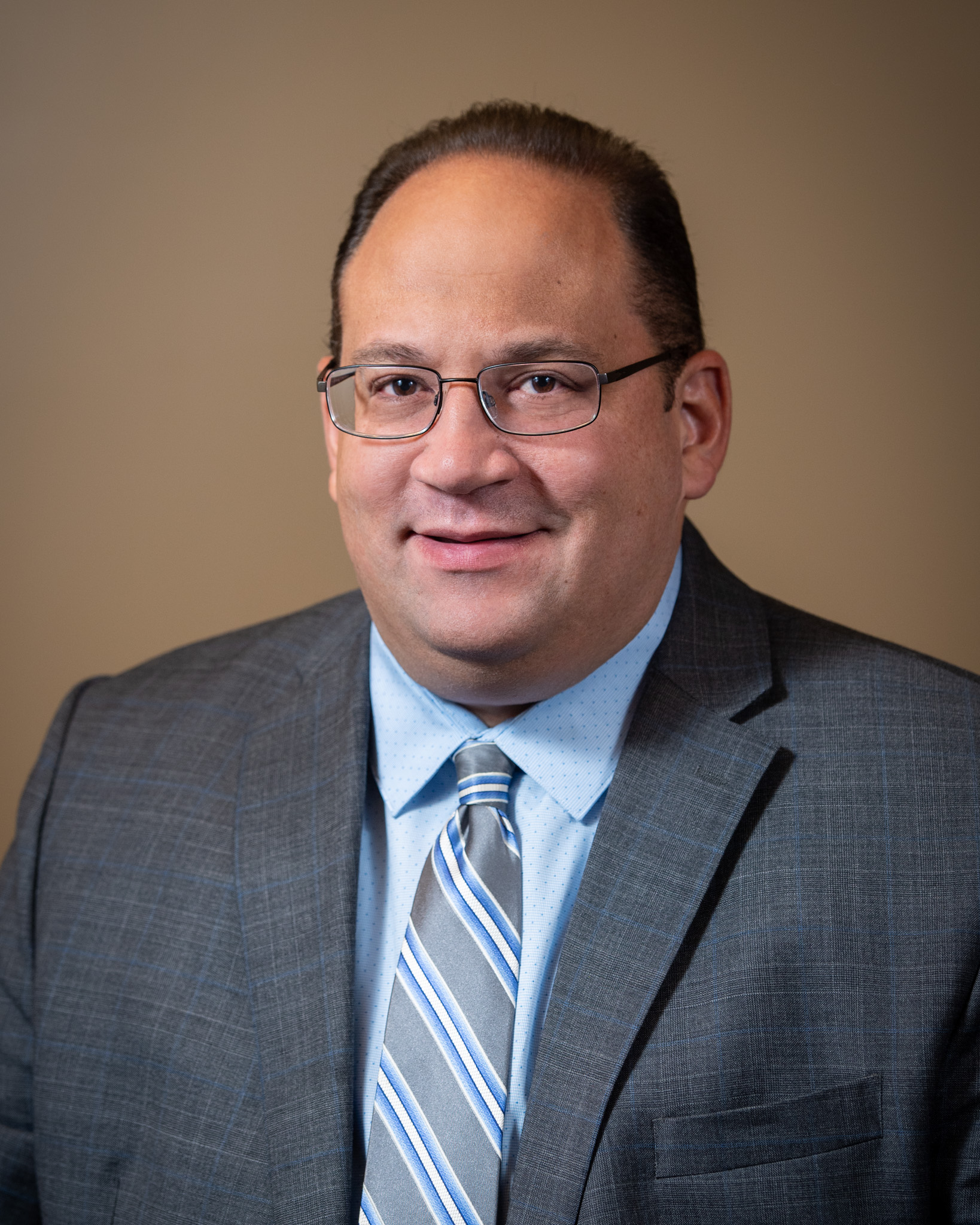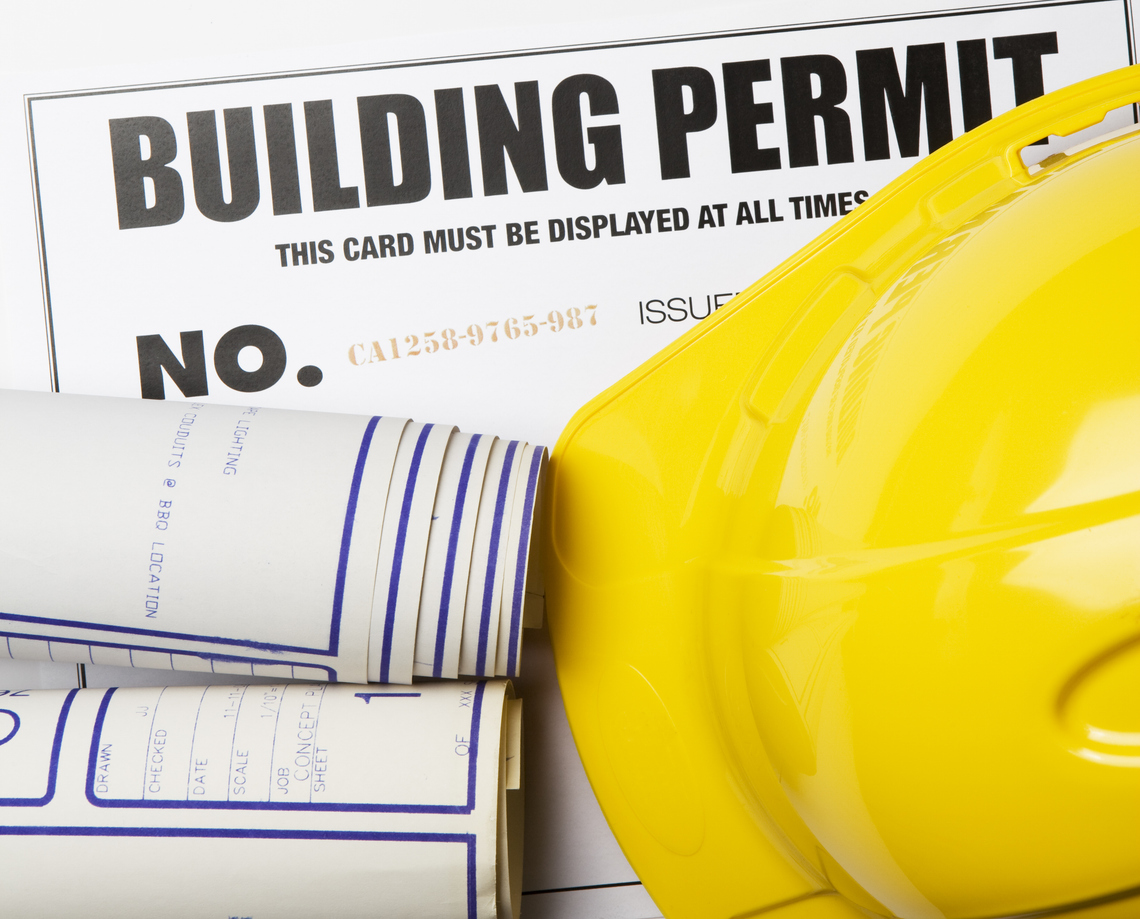Note: Howard Altschule is the Founder and CEO of Forensic Weather Consultants, one of the largest weather expert firms in the country. He is the recipient of the coveted “Certified Consulting Meteorologist” (C.C.M.) designation from the American Meteorological Society (AMS), which is the highest certification a consulting meteorologist can receive. Howard and his team have been retained on more than 8,300 insurance claims and lawsuits around the country, testified at least 128 times, and have been deposed 124 times.
Proving the date of loss in weather-related claims and lawsuits by using inexpensive automated weather reports has recently become much more problematic, and professionals involved in these claims will need to adjust to the changes or risk having their claims and lawsuits fall apart. Most professionals who want to show what the weather was at some location simply rely on a $39.00 automated vendor hail report or automated wind report to show what occurred historically, but recent court decisions may change how these are used.
You never really know how reliable or accurate automated hail or wind reports are. If you order three different automated hail or wind reports, you’ll likely get three wind speeds or three different hail sizes for the same property on the same date of loss. The reasoning for this is simple: Different companies use different algorithms to generate their automated reports in seconds, thus the different hail sizes or wind speeds. This calls into question how reliable those readings really are. There have been many claims and lawsuits I’ve worked on, whether for the insured or insurer, where the hail size and wind speeds on some automated reports have been grossly inaccurate.
What’s equally or even more concerning is the frequency in which Daubert motions are being filed to strike professionals from using some of these automated reports. And more and more have been successful.
In a 2021 Miami-Dade County Circuit Court decision, Hernandez v. Citizens Property Insurance Corporation,1 the court ruled that the engineer for the policyholder “is precluded from giving any expert testimony regarding the wind speeds at the subject property on the purported date of loss as the CoreLogic report he relies upon and the methodology by which they calculate the data therein cannot be verified, as is required by the court under Daubert, thus deeming the testimony unreliable.”
In a stunning September 2023 State of Florida District Court of Appeals decision, Universal Property & Casualty Insurance Company v. Navlen,2 the appeals court granted Universal’s motion remanding a new trial after the jury previously found for the insureds. Prior to the original trial, Universal objected to the admissibility of the insured’s expert, stating, among other things, that the expert “said the wind speeds were 60–70 mph but indicated those measurements were taken over 17 miles away from the property” and the expert based his opinion “on ‘Benchmark’ data that was not included in his report and based on an algorithm.” The Court of Appeals stated, “the expert relied on ‘Benchmark’ data to support his conclusion. The only attempt to establish that data’s credibility was the expert’s assertion that he “uses it all the time.” In addition, the court said that “unlike other cases with similar data, here the expert did not provide any support or independent corroboration for his data’s reliability.”
In the past, the use of automated Corelogic and Benchmark hail and wind reports have been relied upon exclusively to resolve claims and decide lawsuits. While these two court decisions are for “wind-related” lawsuits, the same methodology issues exist for their automated hail reports. Imagine what happens if and when the Corelogic hail reports are precluded because they’re based on proprietary algorithms and methodology.
The times are changing, and public adjusters, insurance carriers, engineers, and attorneys need to be prepared that their claims could fall apart if the underlying weather reports are not allowed. This doesn’t even address the issue of whether the automated reports are even reliable. What you don’t know CAN hurt you.
There’s never been a more important time to use qualified and experienced Forensic Meteorologists for many of your insurance claims and lawsuits. If they do their job right, you’ll find out what occurred right at the property location, whether it’s for a specific date of loss or a multi-year hail or wind study. The findings will help public adjusters and insurance carriers make informed claims decisions and help attorneys decide whether to settle or defend a case. Engineers have been embracing the use of Forensic Meteorologists more and more and are using our information in their reports so they’re not subjected to Daubert challenges or motions to strike.
Not every weather claim justifies retaining a Forensic Meteorologist. However, when accurate weather information is important, especially in large value claims, disputes, or lawsuits, having accurate and reliable weather data from a Forensic Meteorologist can be crucial to the outcome of your case.
Howard Altschule
CEO, Certified Consulting Meteorologist
2 Universal Prop. & Cas. Ins. Co. v. Navlen, No. 4D2022-1590, — So. 3d — (Fla. 4th DCA 2023).





